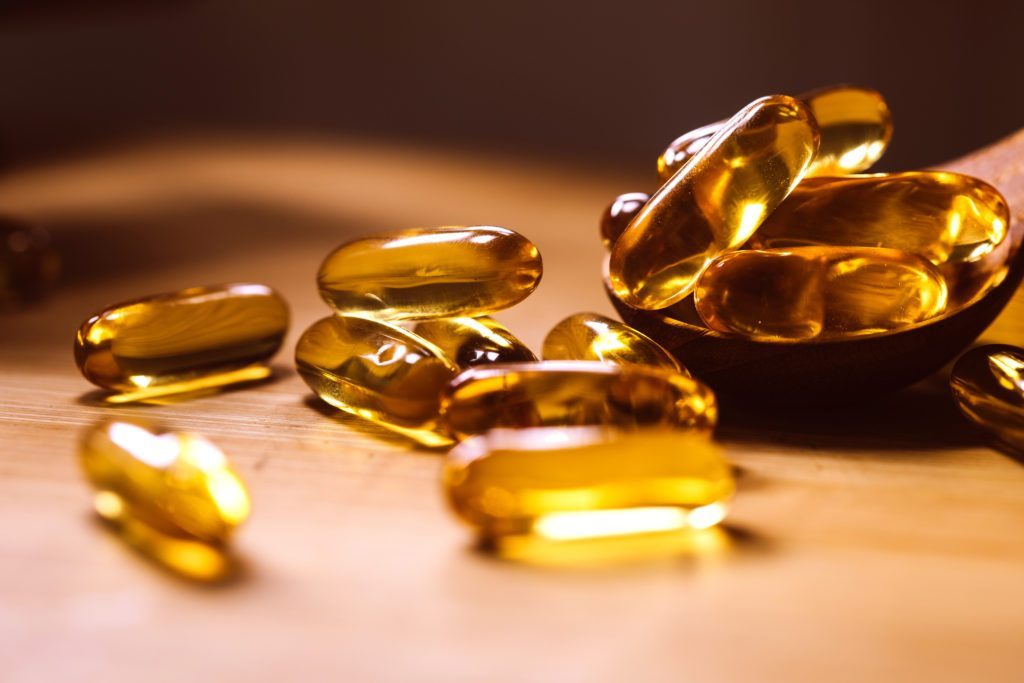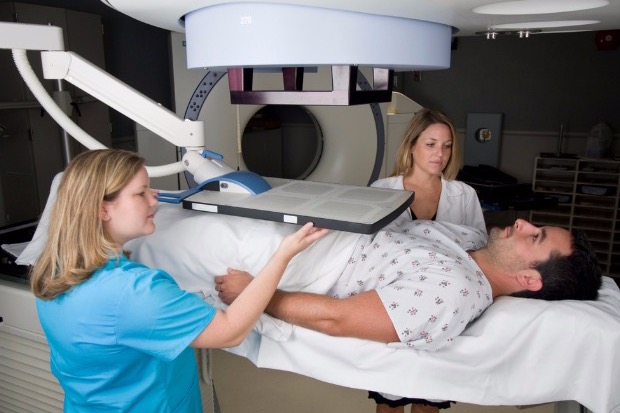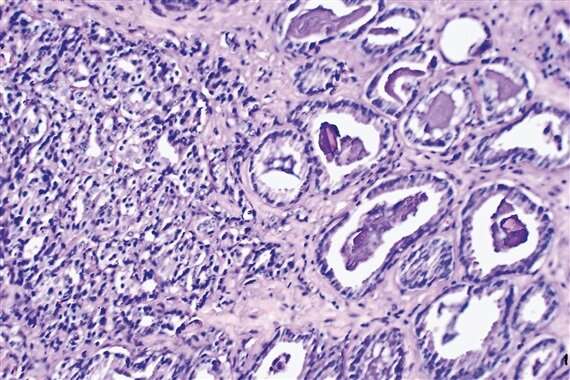
Cancer research is ongoing at Ronald Reagan UCLA Medical Center. In addition to testing new drug therapies, the researchers are investigating dietary factors to combat deadly cancers. Their latest study involved investigating the benefits of a low-fat fish oil diet for men with prostate cancer. They published their findings online on November 18 in the journal Cancer Prevention Research.
The study authors not that it is estimated that more than 230,000 American men will be diagnosed with prostate cancer in 2013 alone, and more than 29,000 will die from the disease. The researchers examined the cell cycle progression score (CCP) in men who consumed a low-fat fish oil diet, compared to men who ate a typical Western diet. The cell cycle progression score is the measurement of a cancer’s aggressiveness. The higher the score, the more aggressive the cancer. “We found that CCP scores were significantly lower in the prostate cancer in men who consumed the low-fat fish oil diet as compare to men who followed a higher fat Western diet,” explained lead author William Aronson, a clinical professor of urology at UCLA and chief of urologic oncology at the West Los Angeles Veterans Affairs Medical Center Aronson. He added, “We also found that men on the low-fat fish oil diet had reduced blood levels of pro-inflammatory substances that have been associated with cancer.”
Dr. Aronson and his team conducted a previous prostate cancer study in 2011, which found that a low-fat fish oil diet consumed for four to six weeks prior to prostate removal slowed the growth of cancer cells in human prostate cancer tissue compared to a traditional, high-fat Western diet. It also found that men on the diet had a change in the cell composition membranes of both healthy and cancer cells within the prostate gland. Blood test revealed that the men had increased levels of omega-3 fatty acids from fish oil and decreased levels of the more pro-inflammatory omega-6 fatty acids from corn oil in the cell membranes. Dr. Aronson noted that this finding may have directed affected the biology of the cells. He explained, “These studies are showing that, in men with prostate cancer, you really are what you eat. The studies suggest that by altering the diet, we may favorably affect the biology of prostate cancer.”
In the earlier study, the men were divided into two groups. One group consumed the low-fat fish diet and the other group consumed the Western diet. The low-fat diet comprised 15% of calories from fat. In addition, five grams of fish oil per day (five capsules: three with breakfast and two with dinner), which provided omega-3 fatty acids. The study author note that Omega-3 fatty acids have been reported to reduce inflammation, and may be protective for other malignancies.
The Western diet comprised 40% of calories from fat, similar to a typical Western diet. The fat sources, which were also typical of a Western diet, included high levels of omega-6 fatty acids from corn oil and low levels of fish oil that provide omega-3 fatty acids
The new study focused on determining what protection the diet would provide against cancer spread. They measured blood levels of the pro-inflammatory substances and examined the prostate cancer tissue to determine the CCP score. Dr. Aronson explained, “This is of great interest, as the CCP score in prostate cancer is known to be associated with more aggressive disease and can help predict which patients will recur and potentially die from their cancer.” In addition, the investigators analyzed one pro-inflammatory substance called leukotriene B4 (LTB4) and found that men with lower blood levels of LTB4 after the diet also had lower CCP scores. Dr. Aronson noted, “Given this finding, we went on to explore how the LTB4 might potentially affect prostate cancer cells and discovered a completely novel finding that one of the receptors for LTB4 is found on the surface of prostate cancer cells.” He noted that further studies will be none regarding LTB4 and prostate cancer progression.
Dr. Aronson’s team have received funds to begin a prospective (forward-looking), randomized trial at UCLA in 2014. They will study 100 men who have elected to join the active surveillance program, which monitors slow-growing prostate cancer using imaging and biopsy instead of treating the disease. The subjects will undergo a prostate biopsy at the beginning of the trial and again at one year. The men will be randomized into a group that eats their usual diet or to a low-fat fish oil diet group. The prostate biopsies will be measured for cell growth and CCP score.
Prostate cancer is a leading cause of death among men in the United States.



